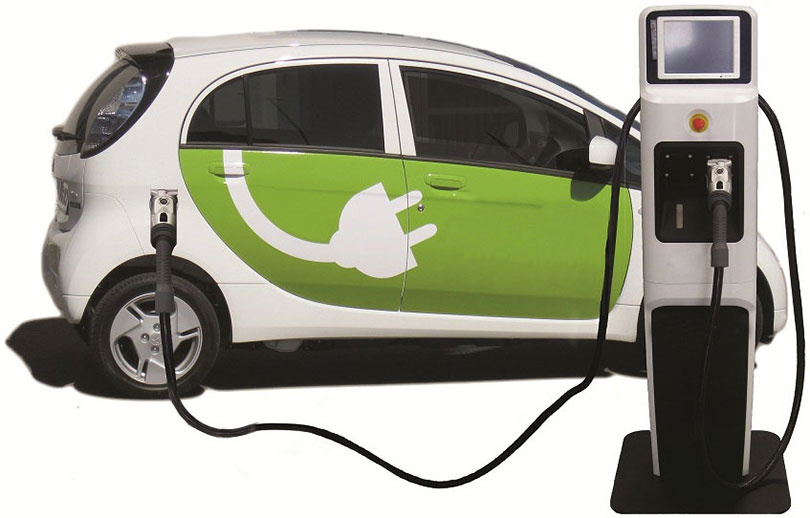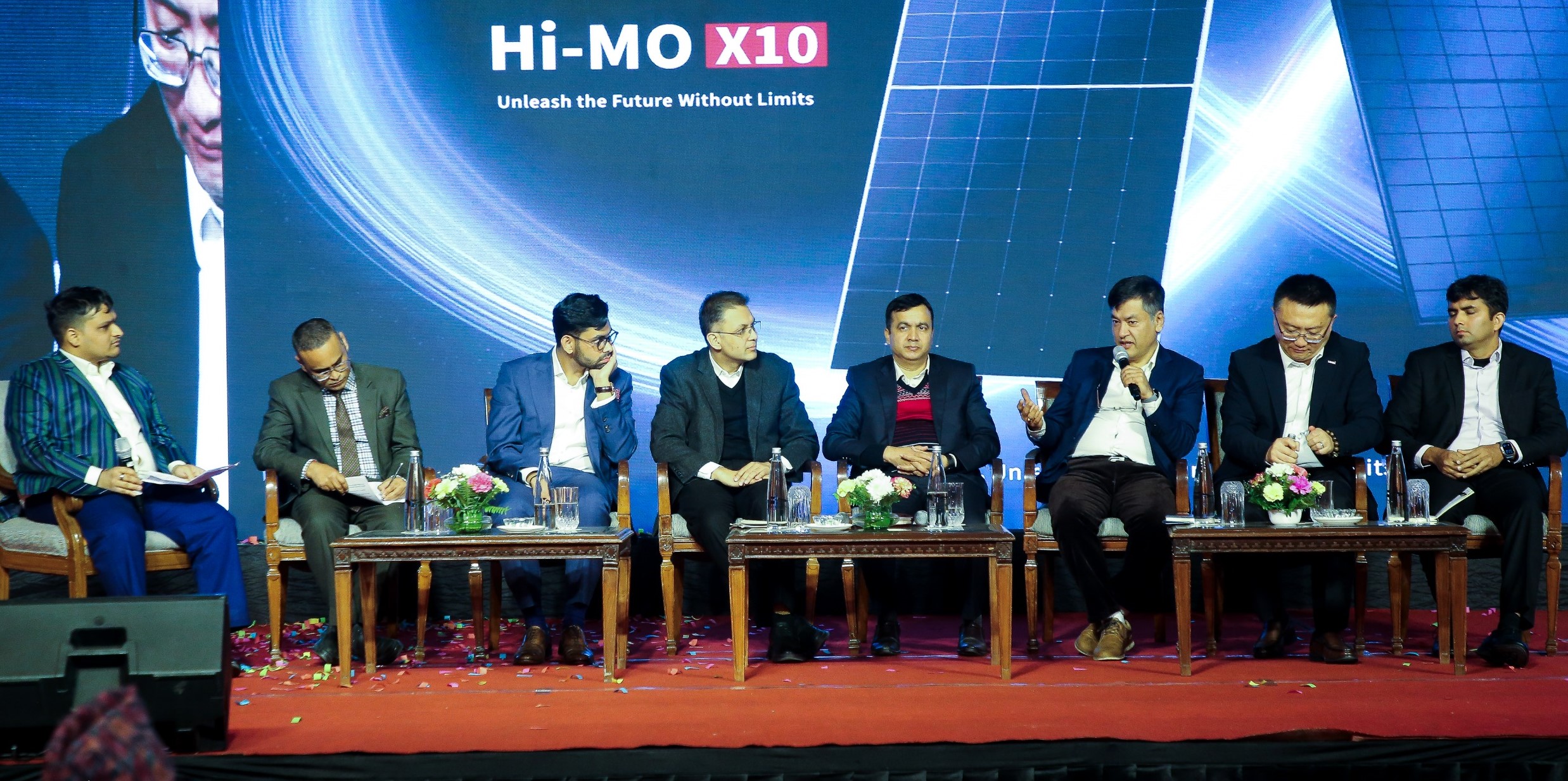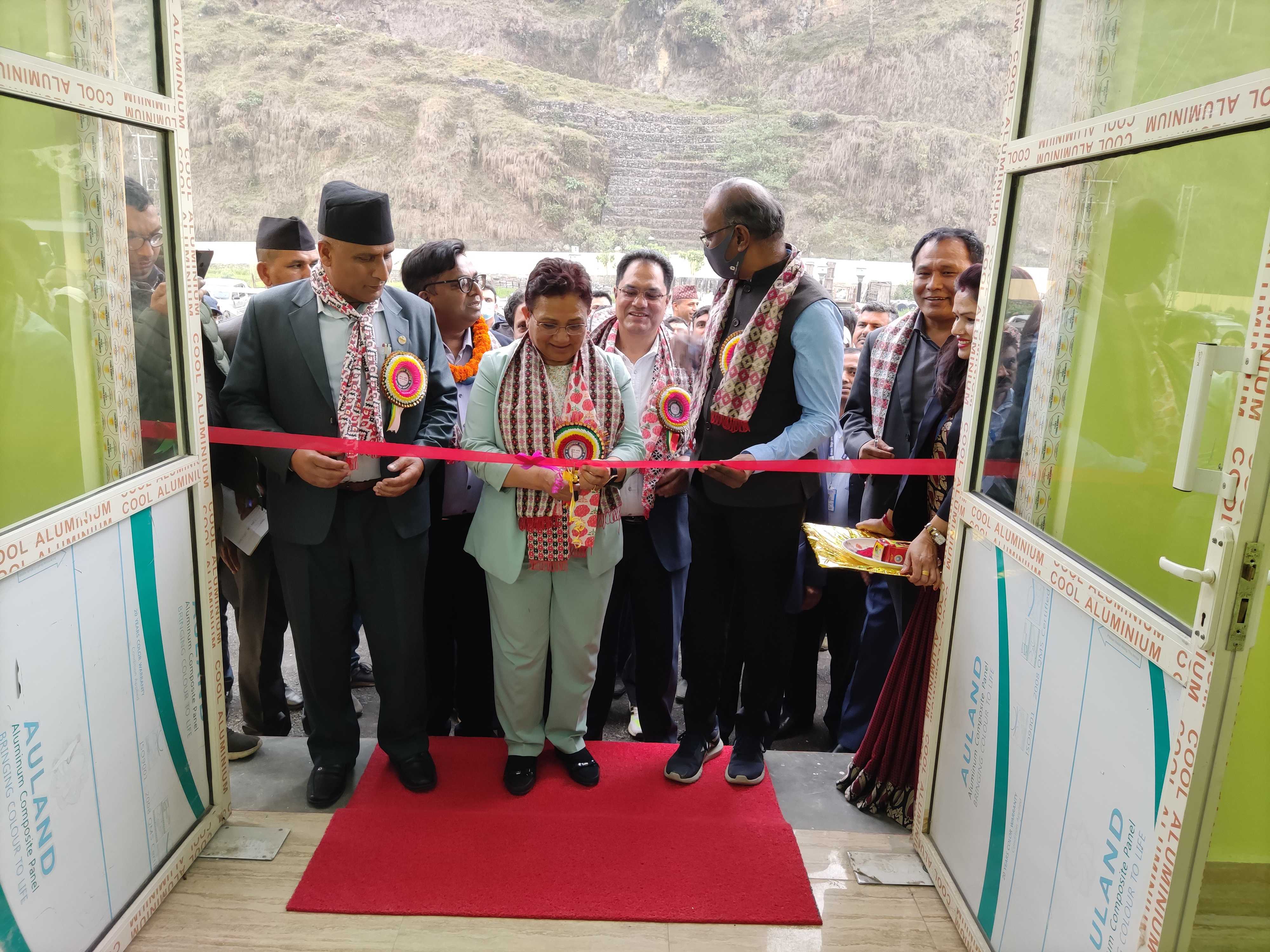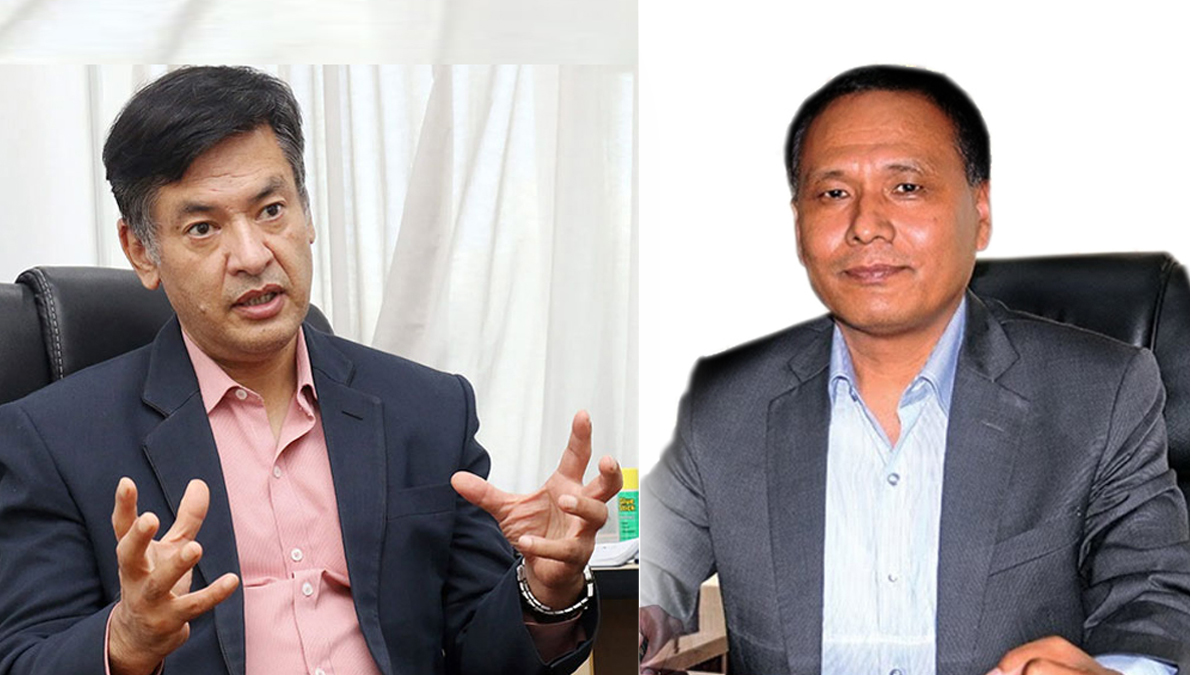Energy Update
Urja Nepal catalyses EV rollout in Nepal

As Nepal plans to shift from light vehicles that run on petroleum products to electric ones by 2031, stakeholders have emphasised the importance of identifying a business model that catalyses investment at the local, regional, national, and supranational levels in this rapidly emerging segment.
Several participants of the Electric Vehicles Workshop hosted by USAID’s Urja Nepal and its companion project, USAID’s South Asia Regional Energy Hub (SAREH), showcased multiple business models in use around the world.

The workshop welcomed participation of 35 public and private agencies from Nepal, as well as regional and international experts.
Urja Nepal and SAREH organised the workshop to accelerate the government’s rollout of electric vehicles (EVs) by improving the knowledge of Nepali stakeholders on global practices and policies, analysing costs and benefits, understanding multiple business model options for the deployment of EVs, standards for charging infrastructure, and raising the awareness of leading practices related to the siting of public charging stations.

Nepal aims to replace fossil fuel vehicles with EVs by 2031 as part of its commitment to reduce emissions to address climate change.
“This workshop could not have come at a better time," said Shanker Khagi, Environment and Energy Specialist at USAID. "This will complement the government's efforts to roll out an environmentally friendly transportation system in the country that will contribute to addressing climate change, a top priority for US Government assistance in Nepal.”
USAID is advancing the US government’s priorities to reduce global greenhouse gas emissions in the coming decade and help Nepal increase its resilience to global climate change.
“As we have moved forward with EVs, it is important to explore and understand the utility of EVs and all other aspects associated with them,” said Sagar Mani Gyawali, Project Manager of Electric Vehicle Charging Infrastructure Development Project at Nepal Electricity Authority, the state-owned power utility. “This workshop was a perfect platform for that.”
The Kathmandu Post
Conversation
- Info. Dept. Reg. No. : 254/073/74
- Telephone : +977-1-5321303
- Email : [email protected]














.jpg)